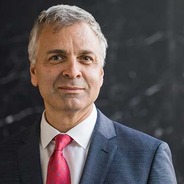IIT Kharagpur - Lehigh University
Transformative Education for Sustainable Social Impact (TESSI) Institute
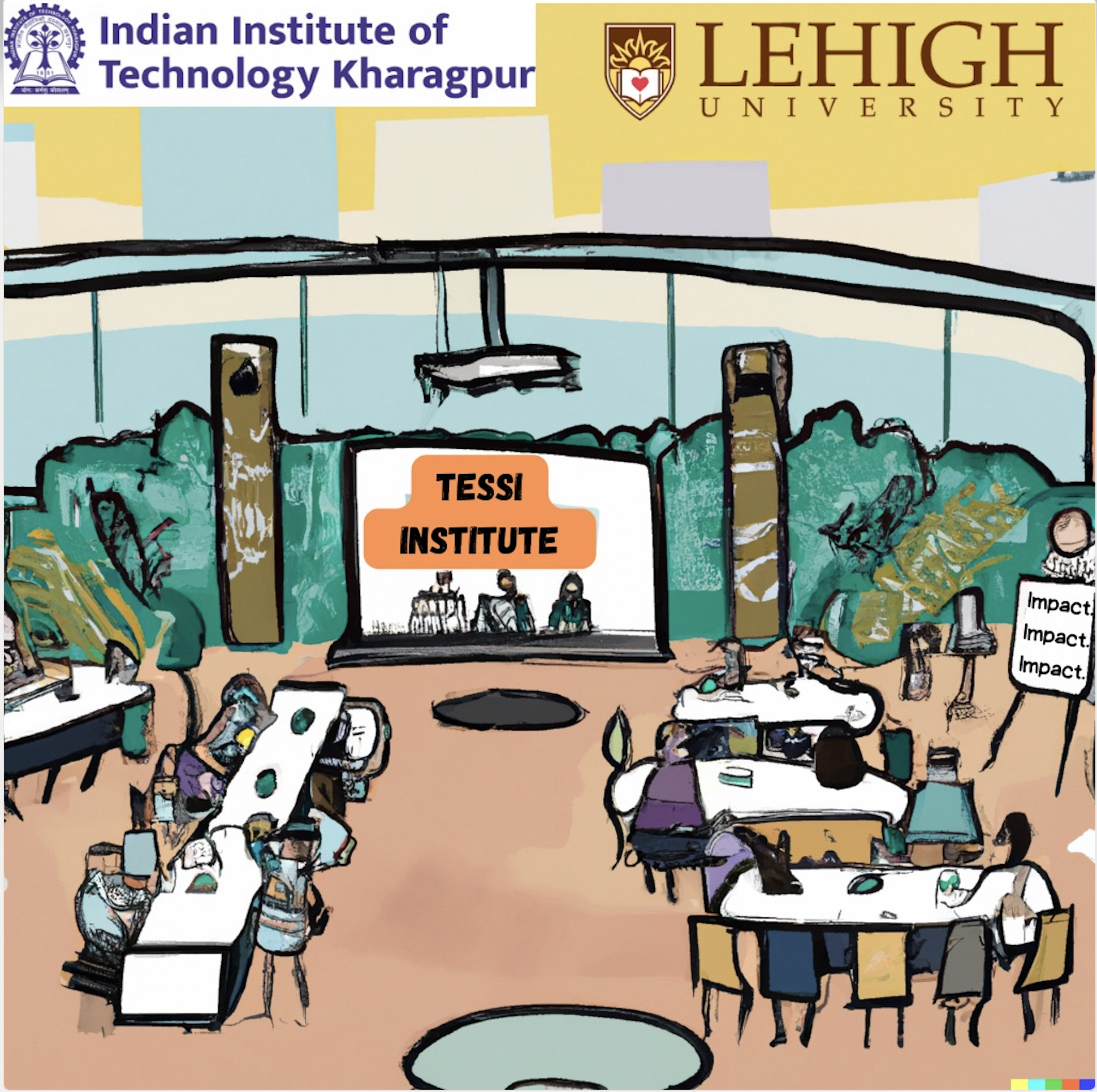
Dates: January 15 - 19, 2024
Location: IIT Kharagpur, India
Host: Rajendra Mishra School of Engineering Entrepreneurship, IIT Kharagpur
Number of Participants: 35
Costs: Thanks to sponsors, program expenses, accommodation, and meals, will be covered for all participants accepted into the program. Participants are expected to be completely engaged in the entire week-long workshop and are responsible for their own travel arrangements.
Partner Organization: IIT Kharagpur, IUCEE
Sponsors: Scholar Lab Foundation, Cisco for Startups, SwitchOn Foundation, ASME India
Continuing Education Credits: Available
Program Summary
The Transformative Education for Sustainable Social Impact (TESSI) Institute is a one-week interdisciplinary workshop designed to empower faculty with the expertise and tools needed to reshape their courses and curricula in response to global grand challenges. Rooted in the principles of creative inquiry and the praxis of Humanitarian Engineering and Social Entrepreneurship, the TESSI Institute offers educators an innovative framework for crafting curricula that engages students in authentic, real-world projects, where they co-create innovative, practical, and sustainable solutions that address the needs of vulnerable populations and communities facing social, economic, and environmental challenges.
Workshop attendees will build toolkits for delivering sustainable impact, while preparing their students to identify problems, design solutions, develop business models, and leverage storytelling. This method places students at the center of the knowledge discovery process, using a hands-on, hearts-on approach for students to make meaning based on their lived experiences. Students take radical ownership in their projects, while faculty mentors become partners and co-creators striving to propel their projects forward on the journey towards tangible, sustainable impact. Faculty members will become catalysts for transformative education who foster a new generation of socially conscious engineers, entrepreneurs, and leaders ready to tackle the complex challenges of our time. TESSI is envisioned as a week of inspiration, skill-building and network-building with a deep commitment to driving sustainable social impact through technology education.
For Participants
The Transformative Education for Sustainable Social Impact (TESSI) Institute aims to deliver meaningful learning outcomes for workshop participants, focusing on transforming their educational approaches and fostering a commitment to sustainable social impact through community-engaged learning, research and entrepreneurial action.
The explicit goals of this institute include:
- Understanding of Global Grand Challenges: Participants will gain a deep understanding of global grand challenges, including social, economic, and environmental issues, and their interconnectedness. They will explore various approaches to integrating global grand challenges into courses, research agenda, and service activities.
- Creative Inquiry: Through a series of case studies and interactive workshops, faculty members will learn about creative inquiry and the praxis of humanitarian engineering and social entrepreneurship. They will acquire the knowledge and skills necessary to apply these concepts in their courses.
- Curriculum Design and Innovation: Participants will develop the ability to design innovative curricula that actively engage students in authentic, real-world projects. They will learn how to create educational experiences that empower students to work on practical solutions to challenges identified by community partners.
- Problem Identification and Solution Design: Participants will gain experience in guiding students to identify complex problems and design effective, sustainable solutions. They will foster critical thinking and problem-solving skills in their students. There will be an emphasis on how faculty can right-size problems to challenge students while not overwhelming and paralyzing them.
- Sustainable Business Model Development: Participants will acquire the knowledge and tools necessary to guide students in developing sustainable business models for their solutions. This includes understanding the principles of (social) entrepreneurship and environmental, economic, and social sustainability.
- Storytelling for Impact: Faculty will explore the art of storytelling and its power in conveying the impact of their students' projects. They will be able to inspire and engage students, stakeholders, and social investors through compelling narratives.
- Active Learning and Student Engagement: Faculty will learn how to implement a hands-on, hearts-on approach to teaching, making students active participants in the knowledge discovery process. They will foster student engagement and nudge students to take full ownership of their learning and their projects.
- Mentorship and Co-Creation: Participants will understand the importance of becoming mentors and co-creators with their students, guiding them through project development and providing support and expertise in a just-in-time manner.
- Sustainable Impact Assessment: Faculty members will develop skills in assessing the long-term, sustainable impact of projects and solutions. They will learn the fundamentals of how to measure and evaluate the outcomes of their educational approaches.
- Network Building: The workshop will enable participants to build a network of like-minded educators, researchers, and experts in the field of impact-focused education. This network will serve as their community and sounding board for new ideas and initiatives. The facilitators will also connect them to other relevant networks such as IEEE SIGHT, EPICS in IEEE, etc. We are also inviting participants from the Philippines, Bangladesh, Hong Kong, and other countries to share their experiences and join this network.
- Commitment to Social Impact: Faculty members will leave the workshop with a commitment to fostering a new generation of socially conscious engineers, entrepreneurs, and leaders. They will explore how engineering is or can be as much of a care-giving profession.
- Inspiration and Motivation: TESSI aims to inspire and motivate participants, leaving them with a sense of purpose and enthusiasm for their role in transforming education and addressing global grand challenges.
Day 1 Theme: Creative Inquiry for Transformative Education and Societal Impact
- 9AM: Icebreaker Activity to build a strong learning community.
- If possible, move this to an opening dinner on Sunday evening?
- Set up a networking bingo so that the participants interact with each other in a more informal setting.
- 10AM: Welcome from all hosts
- IIT Kharagpur - Tech / Business
- Lehigh University
- 10:15AM: Keynote Address: An inspiring talk on the importance of transformative education and its role in addressing global grand challenges.
- 11:30AM: Break
- 11:45AM: Small Group Discussion + Plenary Debrief: State of the System
- Challenges with current teaching methods.
- Systemic Challenges facing Indian Higher Education
- Expectations and experiences related to the TESSI Institute.
- 12:30PM: TESSI Institute Goal-Setting
- TESSI Institute's goals, principles, and objectives.
- What might we accomplish; what might we not.
- Introduction to TESSI Project
- Project framework and expectations.
- Participant will form teams and get their charge
- Hosts will identify 5-6 projects that the participants will work on. All project frameworks will be focused on some kind of interdisciplinary impact-focused program creation with various thematic areas - food systems, healthcare, manufacturing, supply chains, etc.
- 1:00PM: Networking Lunch with Project Teams
- 2:00PM: Talk: Principles of Creative Inquiry
- Introduction to creative inquiry methodologies and project-based learning, and their application in the classroom.
- Boundary spanning / interdisciplinary models
- 3:00PM: Workshop: Integrating creative inquiry and authentic projects into courses and curricula
- Participants will identify ways in which they can integrate creative inquiry opportunities into their courses and curriculum.
- Participants will follow a structured process to explore the options and trade-offs when integrating projects into classes.
- 4:45PM: Quick Debrief
- 5:00PM: End of Day’s Activities
Day 2 Theme: Humanitarian Engineering and Social Entrepreneurship
- 10:00AM: Talk: Introduction to Humanitarian Engineering
- 11:00AM: Workshop: Integrating Humanitarian Engineering Projects:
- Practical exercises on applying engineering principles to address humanitarian challenges.
- Mapping the SDGs to Engineering and Entrepreneurship Curricula and Projects
- Navigating major humanitarian design questions
- 1:00PM: Networking Lunch: Informal discussions and networking.
- 2:00PM: Talk: Introduction to Social Innovation and Entrepreneurship
- 3:00PM: Workshop: Business Models for Social Impact
- Quick review of Osterwalder’s Business Model Canvas
- Creating sustainable business models for projects.
- 3:45PM: Project Work
- Project teams integrate humanitarian engineering and social entrepreneurship principles into their projects.
- 4:45PM: Quick Debrief: Group reflection on the day's learnings and project ideas.
- 5:00PM: End of Day’s Activities
Day 3: Design Thinking and Curricular Innovation
- 10:00AM: Workshop: Design Thinking
- A hands-on workshop on design thinking methodologies and how to integrate them into impact-focused projects.
- 1:00PM: Lunch Break
- 2:00PM: Workshop: Student-Centered Program Design
- Faculty-Student Co-Creation Approaches
- Radical Ownership
- Mentoring Best Practices
- Monitoring, Evaluation and Assessment
- 4:00PM: Panel Session: Getting Administration Buy-In and Finding Resources
- University Administrators and Change Leaders share their lessons learned on academic innovation and transformation.
- 5:00PM: End of Day’s Activities
Day 4: Building Partner Networks for Sustainable Impact
- 10:00AM: Model Project Pitch
- Example of a Ten Minute project pitch followed by Q/A and feedback from participants.
- 11:00AM: Workshop: Visual Storytelling
- 12:00PM: Workshop: Building Partner Networks and Getting Projects Funded
- 1:00PM: Lunch Break
- 2:00PM: Project Presentation Trial Round
- Each team gets 10 minutes to present followed by 10 minutes of Q/A.
- Feedback from referees and peers
- 4:00PM: Popup Workshop
- Identify common issues and have an open discussion
- 5:00PM: End of Day’s Activities
Day 5: From Ideation to Execution: Final Presentations and Closing Ceremony
- 10:00AM: Workshop: Action Planning
- Project teams develop action plans for implementing their projects in their educational contexts.
- 11:00AM: Project Presentation Working Time
- Teams have unstructured time to work on their final project pitches.
- Organizers and other subject matter experts will be available to consult with the teams and help them prepare.
- 1:00PM: Lunch Break
- 2:00PM: Final Project Presentations
- 10 minute presentation followed by 15 mins of Q/A.
- Referee panel with 3-5 experts from various areas.
- 4:30PM: Closing Ceremony
- Participants share their top three lessons learned.
- Distribution of certificates.
- Referees give out awards for the best 1-3 project pitches.
- Closing Remarks: Inspiring closing remarks and a call to action for participants to continue their transformative education journey.
- 5:30PM: End of Day’s Activities; Conclusion of TESSI Institute
Organizing Committee
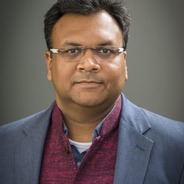
Khanjan Mehta
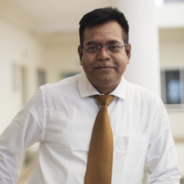
Bhaskar Bhowmick
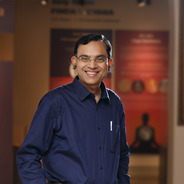
Suman Chakraborty
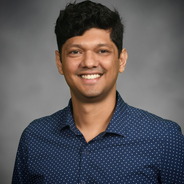
Saif Mir
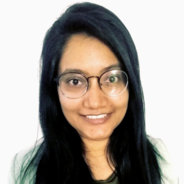
Willy Das
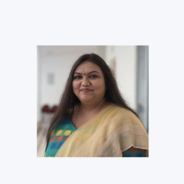
Prabha Bhola
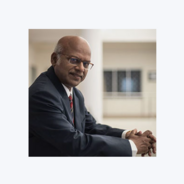
Manoj Kumar Mondal
